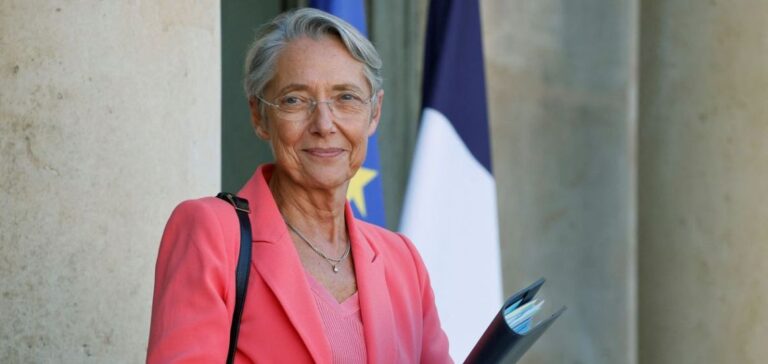In France, the government presents on Thursday its “energy sobriety plan”, aiming to mobilize all sectors of the economic and social life to reduce by 10% the French consumption of energy
in two years, and already to help the country face a tense winter.
The measures will be detailed, from the Parc des expositions de la porte de Versailles in Paris, by, among others, the Minister of Energy Transition Agnès Pannier-Runacher, and the event will be closed by the Prime Minister Elisabeth Borne.
They had announced on June 23 the launch of this plan, whose objective is to reduce by 10% the country’s consumption, “first step” towards a reduction of 40% by 2050.
Since July, the government has thus convened the sectors concerned, under the leadership of all their respective ministers, starting at the end of June with the “exemplary state” working group. The groups “Companies and work organization”, “Establishments open to the public and large surfaces”, “Housing”, “Local authorities”, “Digital and telecommunications”, “Sports” and “Transport” followed throughout the summer.
Finally, in September, the last group, dedicated to “Industry”, met at the Ministry, with representatives of industry, trade unions, sectors and energy suppliers.
The ministers Agnès Pannier-Runacher and Roland Lescure had then insisted on “the need for a collective mobilization to hunt for energy waste”.
Placed under the sign of “consultation”, explains the government, this plan “will avoid restrictive measures”, but “in the longer term, energy sobriety will be fundamental to achieve our climate objectives”.
Among the “common sense” measures already mentioned, including by Emmanuel Macron, the limitation of heating to 19°C, a recommendation included in the energy code since 1978 and the oil crisis.
Other avenues include lighting management, where optimization can result in up to 70% less expenditure, and raising awareness of eco-actions, particularly digital ones, within companies.
In industry, for example, the actions concern industrial processes, supply chains and work organization.
“Sobriety is the hunt for waste, it is the attention to heating, lighting, it is not asking companies to reduce their production or their activity,” said Ms. Pannier-Runacher, for whom it must be “collective efforts, proportionate and reasonable.





















